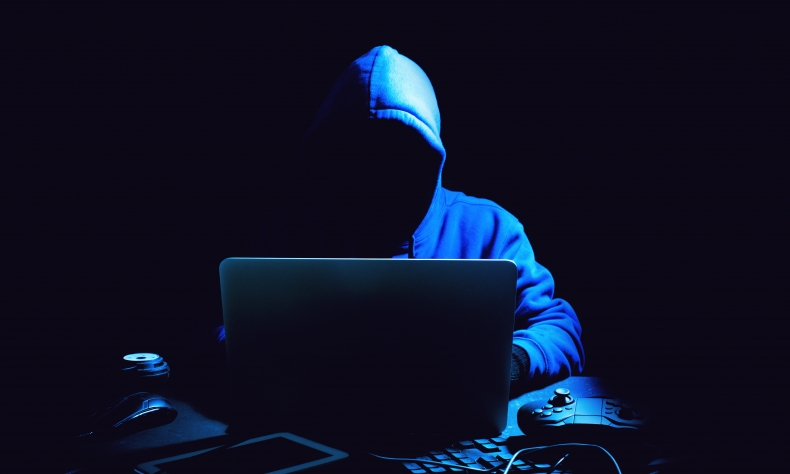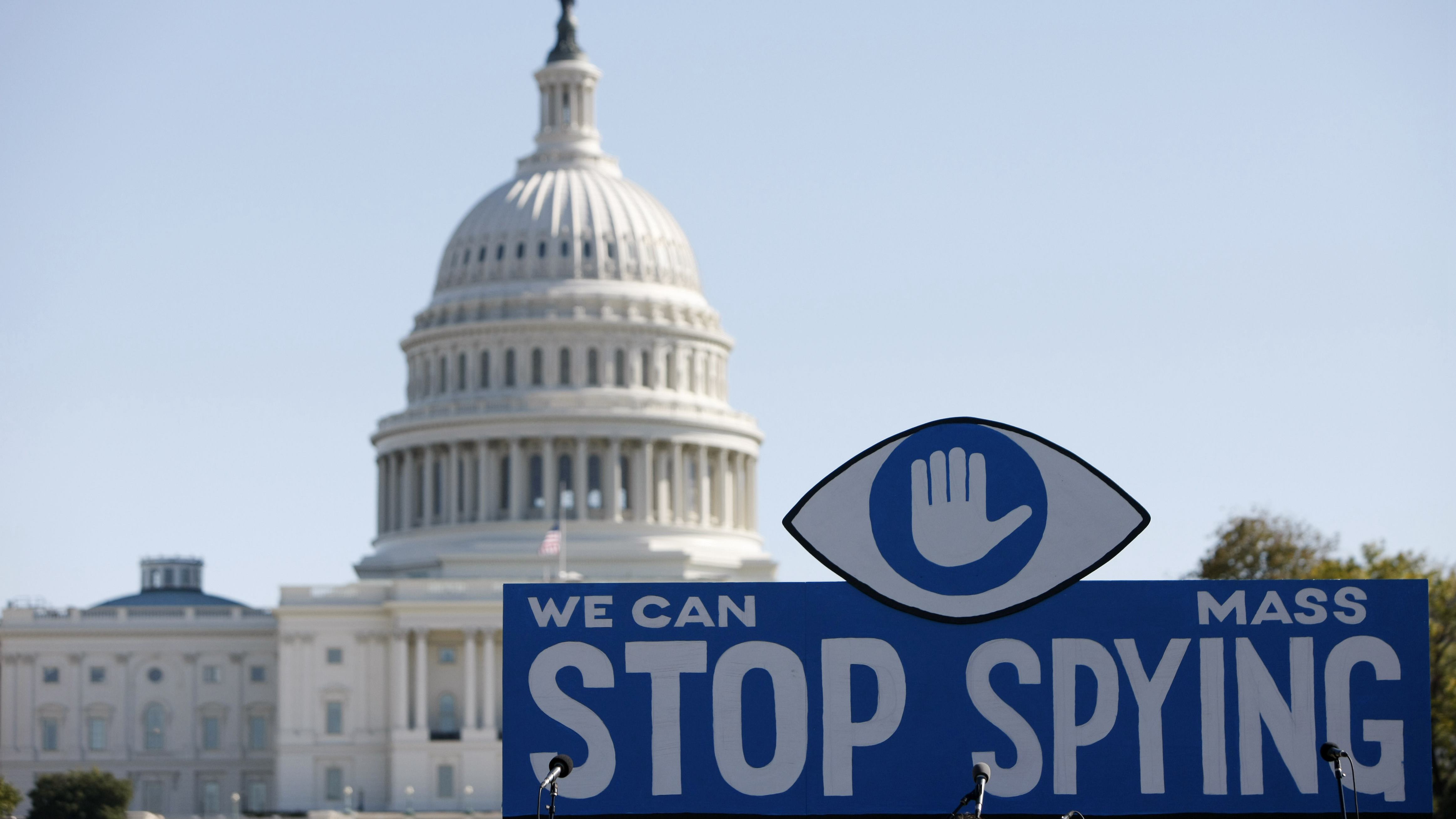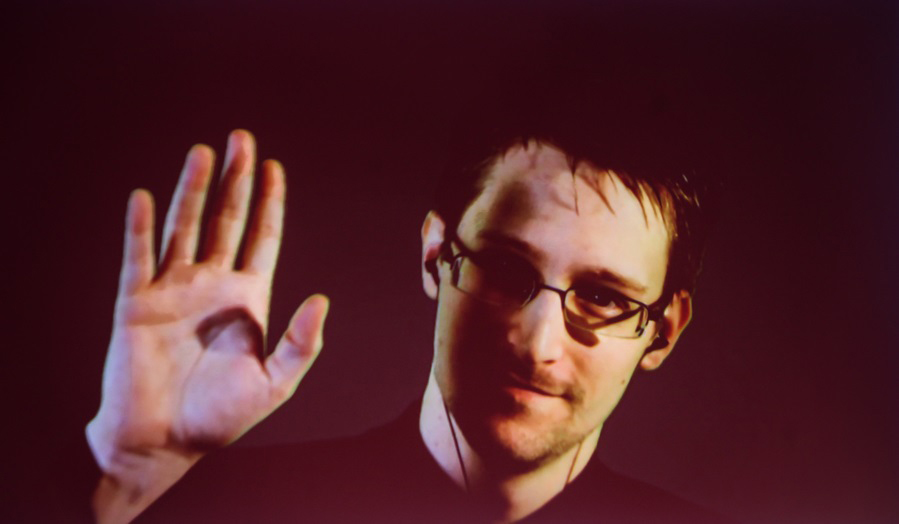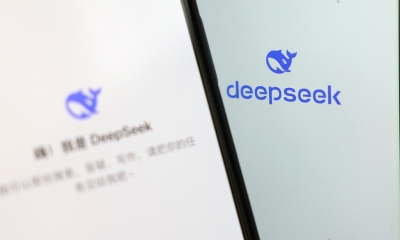“Shocked” When U.S. Launches Cyber Attacks?

The U.S., like so many countries, looks foolish when it accuses its political rivals of cyber warfare knowing full well that it does the same.
In one of the most famous scenes in the movie “Casablanca”, Captain Louis Renault claimed to be shocked that gambling was taking place inside a local nightclub. Within seconds, a man approaches Renault with the winnings from his night of gambling, a moment that brings laughter to audiences watching.
The message: How ironic that a man who insists he is a paragon of virtue would engage in the exact activity he seems repulsed by.
That movie was released in 1943. Fast forward almost 80 years, and we know that at least once a week a significant cyber attack is attempted, sometimes successfully, against the United States. When they hear about these attacks, no matter if the victim is a school, business or other entity, Americans react with anger. Inevitably, a hostile nation – China, Iran, North Korea or Russia – is accused of carrying it out.
But what happens when the U.S. is the perpetrator of such cyber attacks? Much like Captain Renault, Americans seem shocked that their government would stand accused of such an act.
There is a parallel here to the insatiable appetite inside America for stories about Russia and allegations that the Kremlin attempted to influence the 2016 U.S. presidential election. Outrage is an accurate word to describe how millions of Americans felt when they were informed of the allegations of external efforts to sway the election, which saw Donald Trump defeat Hillary Clinton. Americans were appalled that Russia might have violated something as critical as a presidential election.
Few Americans wanted to remember that their government had often engaged in such practices. Shortly after the aforementioned 2016 election, the Washington Post reported that the Central Intelligence Agency had sought to influence other countries’ elections at least 72 times during the Cold War. The Cold War lasted roughly 45 years, meaning that on average the U.S. engaged in election interference 1.6 times per year. Think about that for a minute.

The Washington Post noted that there were “16 cases in which Washington sought to influence foreign elections by covertly funding, advising and spreading propaganda for its preferred candidates, often doing so beyond a single election cycle. Of these, the U.S.-backed parties won their elections 75 percent of the time.”
How ironic that a country that insists it is a paragon of virtue would fall victim to the exact activity it has so often employed.
With that in mind, let’s return to cyber attacks. In early September, China implicated the United States in the alleged hacking the computers used by faculty and students at Northwestern Polytechnical University, located in Xi’an. According to the Associated Press, university officials said the attacks happened in June. The officials “accused the United States of taking information about the university’s network management and other ‘core technologies.'” The story added that “Chinese analysts found 41 ‘network attack’ tools that it said were traced” to the National Security Agency (NSA).
A Chinese government official added the U.S. was not stopping at university computers. Foreign ministry spokesperson Mao Ning said the U.S. has often tried to mole its way into Chinese cellphones. According to Xinhua, Mao asserted that the U.S. consistently carries out “indiscriminate audio surveillance against Chinese cellphone users,” including stealing text messages and seeking wireless positioning information. Xinhua stated “the U.S. behavior poses a serious danger to China’s national security and citizens’ personal information security.”
Such allegations against the United States are not new. Almost 10 years ago, Edward Snowden said he was aware that the NSA had regularly attempted to hack Tsinghua University, one of China’s elite higher education institutions. According to one newspaper account, “extensive hacking by US spies’ was taking place” although an exact number could not be determined. Snowden suggested that the U.S. had been keeping a close eye on Chinese mainland and Hong Kong for many years.

Snowden also provided classified documents purporting to show the U.S. wanted to worm its way into Huawei. According to the New York Times, the U.S. government hoped that it would be able to monitor the telecommunications and computer networks using Huawei’s equipment anywhere in the world.
Of course, Washington has said nothing about the most-recent allegations relating to computer or cellphone hacking. Frankly, that is always the case: The government accused of orchestrating an attack remains mute. Within days, national media attention shifts elsewhere until journalists ask the same questions when the next attack is uncovered.
So, what is my point? The U.S., like so many countries, looks foolish when it accuses its political rivals of cyber warfare knowing full well that it does the same. A successful cyber attack cripples the organization affected by it, and the offending nation is likely to glean important information about the “enemy.” Whether we like it or not, that is the goal.
Much like the fictional character Captain Renault insisted he was “shocked” by behavior he knew was happening right under his nose, we in the real world can pretend to be “shocked” about cyber warfare, but we know the truth.
The article reflects the author’s opinions, and not necessarily the views of China Focus.
 Facebook
Facebook
 Twitter
Twitter
 Linkedin
Linkedin
 Google +
Google +







